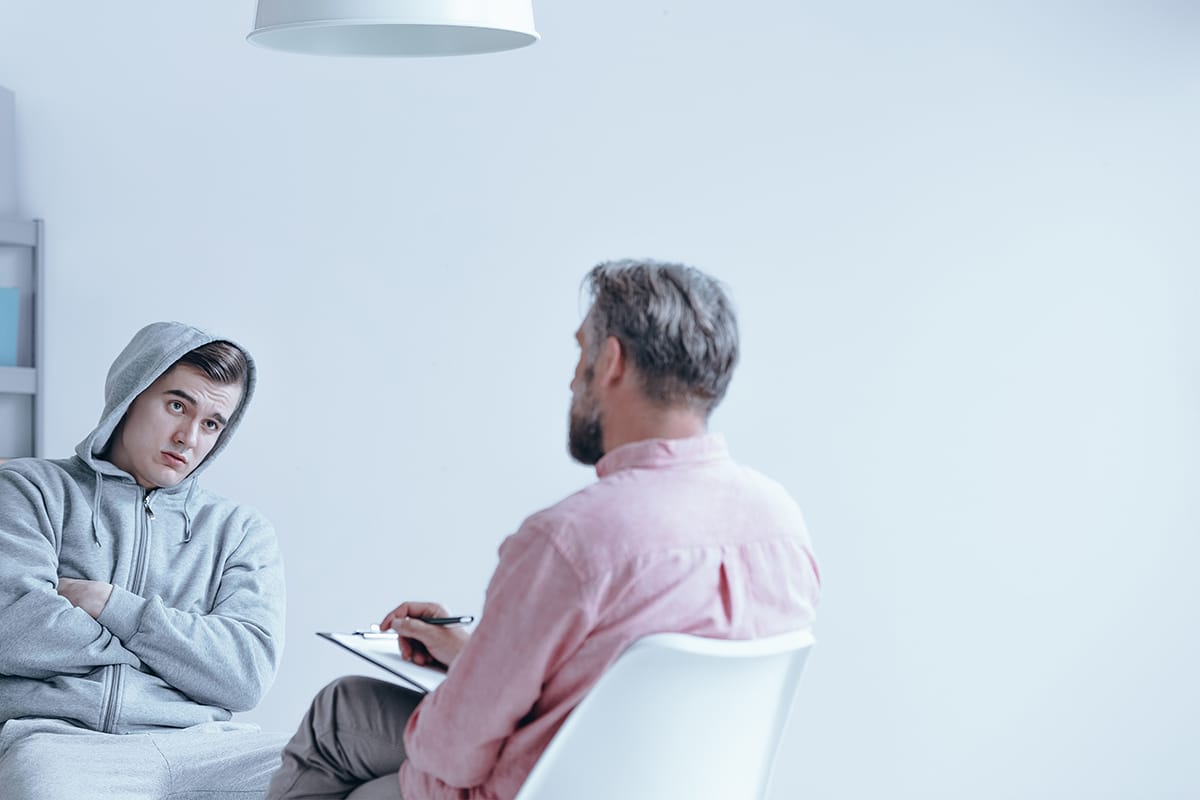We are all familiar with that feeling of racing heart and sweaty palms. However, some people experience anxiety to levels that interfere with their day-to-day lives. Anxiety disorder can be termed a broad-spectrum condition where people experience generalized anxiety disorder (GAD) to panic attacks. Anxiety disorders are the most prevalent mental health conditions plaguing about 40 million adults in the United States each year. Medical treatment that includes medication and psychotherapy is available for treating anxiety issues. But some people do not require medical intervention. Simple lifestyle changes and coping techniques can help these folks deal with anxiety. Let us take a look at these interventions in some more detail.
1. Try CBD
Cannabidiol (CBD) is a non-psychoactive compound derived mainly from the Hemp plants. CBD has calming and anti-anxiety properties that help to gain restful sleep. The medical fraternity is increasingly using CBD to treat mental health issues such as anxiety. The calming effect of CBD can be attributed to its semblance to endocannabinoids.
Our body comprises a specialized system called the endocannabinoid system (ECS). These endocannabinoids help regulate physiological processes such as cognitive functions, mood, and emotional regulation. CBD mimics these endocannabinoids and interacts with its receptors, elucidating desired mood, pain, and sleep outcomes.
A study has proven that CBD helps relieve anxiety. You can click here to check the full spectrum CBD.
2. Exercise
Exercise is a proven method to quell anxiety. Studies show that individuals who exercise regularly have a 25% less probability of developing an anxiety disorder. About 30 minutes of aerobic exercise such as walking or jogging can boost the levels of feel-good hormones or neurotransmitters in your body. Moreover, exercise takes you away from your tensions and worries while allowing you to breathe more deeply. Anxiety is also linked to shallow breathing, and hence this is another benefit that you can accrue by exercising.
If you find it cumbersome to hit the gym regularly, you can try yoga. Practicing yoga asanas such as tree pose and triangle pose can help alleviate anxiety. Studies show that yoga has therapeutic effects on stress, anxiety, and depression. We recommend you learn yoga from a trained professional before you embark on your yoga practice.
Read More: zopiclone buy
3. Try aromatherapy
You must have felt an instant sense of calm when you sniff scents like lavender, chamomile, or sandalwood. Whether these are present in oil form or candle or incense, the aroma of these scents can be soothing. Studies show that aromatherapy as an inhalation form is effective in quelling anxiety. Aromatherapy is believed to help activate specific brain receptors that work to alleviate stress.
Lavender oil is a popular healing oil used in aromatherapy. The oil soothes frayed nerves while instilling a sense of calm. Lavender oil also helps reduce headaches and promotes restful sleep. Carry a bottle of lavender oil in your purse or keep it at your work desk. So, when you feel anxious, massage a few drops on your temples and/or breathe it. Inhaling the oil by taking deep breaths is a two-pronged way of dealing with anxiety.
4. Try supplements and alter your diet.
Nutrition plays a significant role in the way we feel. Adding foods rich in antioxidants and specific nutrients like omega-3 fatty acids helps reduce inflammation. Some studies show a link between inflammation and anxiety. The study found that as inflammation markers increased, so did anxiety levels. Hence, eating a balanced diet that includes nuts and seeds, whole grains, green veggies, and fruits strengthens your immune system and makes your body resilient in dealing with anxiety.
Moreover, certain supplements like ashwagandha, valerian root, and lemon balm help fight anxiety. For instance, a small study involving 58 participants showed that taking Ashwagandha extracts for 8 weeks significantly reduced cortisol (stress hormone). Also, the study found that participants who took this supplement also reported improved sleep quality.
5. Start journaling
Write down your day-to-day tasks if you find it a burden to go about your day due to anxious feelings or thoughts. This will help you avoid ruminating over pending errands and reduce your worries. Plan your next day the night before by writing down things based on their priority value. Tick off these tasks as you go about completing them. Additionally, by keeping a tab on your routine work life, you can write about your stress triggers and how you dealt with a particularly stressful situation. Try analyzing yourself and jot down some coping strategies lest you face these situations in the future. The simple act of self-awareness and even a jaggy backup plan can help reduce your anxiety issues.
6. Get enough sleep
Sleep is vital for your mental and physical well-being. There is an intricate link between anxiety and sleep. As per sleepfoundation.org, lack of sleep can worsen your anxiety and spur an unending cycle of sleeplessness and anxiety disorders. You need to practice good sleep hygiene by sleeping in a dark and quiet place, switching off electronic gadgets, and listening to some soothing music to ease into bedtime.
The Bottomline
Anxiety is a common mental health issue. However, it’s worth noting that anxiety can cause or is a symptom of an underlying medical condition. Although the strategies mentioned in this post can help you, we suggest a thorough evaluation by a certified healthcare practitioner to find the root causes that fuel your anxiety.







